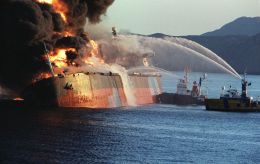Political analyst Vitaly Portnikov on Russia-Ukraine war: 'I see no signs of freezing the war or truce in the coming years'
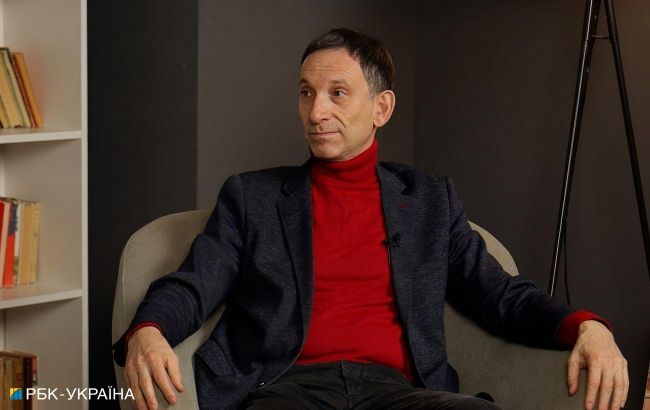 Publicist and TV presenter Vitaly Portnikov (all photos: RBC-Ukraine)
Publicist and TV presenter Vitaly Portnikov (all photos: RBC-Ukraine)
The preconditions for the start of a third world war and the risk of nuclear weapon use, the strengthening of the Axis of Evil comprising China, Russia, North Korea, and Iran, the lack of consensus in Ukraine about strategies of survival, resistance, or capitulation, as well as the scenarios for ending the Russia-Ukraine war – political analyst and TV host Vitaly Portnikov discusses in an interview with RBC-Ukraine.
Contents
- At what point world wars begin?
- Is a world war possible without the US and China?
- Why Israel can be bold while Ukraine cannot?
- Can the US afford Ukraine to lose?
- Two scenarios: Truce or prolonged war in Ukraine
On the eve of the "sacred date" – November 5, when the presidential election will take place in the US, Russian leader Vladimir Putin announces nuclear deterrent forces training with practical launches of cruise and ballistic missiles. North Korean troops are "getting accustomed" to Russian territory for participation in the war against Ukraine. The Chinese leader calls for his army to prepare for war, and Iran promises to use "all available tools" to respond to an attack from Israel. Meanwhile, against the backdrop of symbolic and practical gestures from the Axis of Evil and the collective West, Ukraine continues its fight for independence.
Does the probability of global escalation really depend directly on the outcome of the war in Ukraine? Or conversely, considering the nuclear status of certain states, is the war in Ukraine the highest level of global confrontation in the 21st century?
In a conversation with RBC-Ukraine, Vitaly Portnikov elaborated on the preconditions for the beginning of world wars and the likelihood of nuclear weapon use, whether a direct military confrontation between the US and China can be avoided, the formation of the Axis of Evil that includes China, Russia, North Korea, and Iran, and – primarily – on realistic scenarios for ending the Russia-Ukraine war and what will truly signify Kyiv's victory.
You can watch the full interview in the video; below are some excerpts in text format.
At what point world wars begin?
For different countries, World War II began at different times. For Poland at one moment, for the Soviet Union at another, for part of Ukraine – in September 1939, for another part – in June 1941. When Hitler’s troops attacked Poland in September 1939, no one said, "Listen, a world war has begun." If you look at the press of those years, everyone simply stated the fact that Hitler’s troops attacked Poland, and Stalin deployed his troops into its territory a few days after Hitler attacked.
Before that, there was Czechoslovakia, and no one said that it was World War II. Before that was Austria, and no one said that it was World War II. After Poland, there were other European countries; France fell, and about a few years after it all began, a historical term emerged. By analogy with World War I, which, as you understand, was not immediately called the First.
World War III can end in regions?
Previous great wars happened at times when humanity did not fear total destruction. Current wars take place under new conditions. No one in the West wants to test how far anyone will go. And this is a problem for the West. Perhaps it is also a problem for Russia.
We also need to understand two possibilities: the use of nuclear weapons against a non-nuclear state and the exchange of nuclear strikes between nuclear states or blocs. These are different things. Here we are stepping into the realm of the unknown. I do not know if Putin is ready to use a nuclear bomb, but I proceed from the assumption that Putin is capable of anything. From the fact that he can destroy any red lines.
On Russia's place in the Axis of Evil and Moscow's relations with Beijing
Russia is undoubtedly economically dependent on China. But that does not mean that China dictates anything to Moscow. China needs to maintain normal relations with Russia so that it does not suddenly slip out of influence and turn towards the West. Imagine Putin and Xi Jinping on the eve of Russia’s full-scale war against Ukraine. Does Putin tell Xi what he is preparing to do? Probably not.
But didn’t he have to say something? And he said, for example, "You know, I am going to establish order and ensure peace in the regions that are currently under our control. It will be a short-term operation that is meant to help Ukraine return to constructive dialogue with Russia and also provide security to the residents of those eastern territories who wish for independence and good relations with our Ukraine." Does Xi Jinping conclude from this that a war will begin?
What unites the countries of the Axis of Evil and is it easy to break this alliance?
They are united by the values of authoritarianism: "No one can dictate to us how to live. No one can force us to create independent media. No one can force us to allow real market freedom." All these regimes exist only because they are outside competition. They have secured such conditions for themselves. Imagine that independent media, different political parties, and various proposals emerge in such countries. This is self-liquidation.
Yes, autocratic regimes that cooperate with the West do exist: Saudi Arabia, the UAE, Türkiye. But have you ever read media from the United Arab Emirates? The level of awareness in such societies is quite high; the society simply agrees to such a regime in the country. In Türkiye, with its political struggle, opposition mayors lead the largest cities. Pakistan has various political forces. The UAE or Saudi Arabia, which are perceived as autocratic monarchies, exist in symbiosis with society. When you are there, you are in the real world. The problem is that when you are in Iran, China, or North Korea, you are in an utterly distorted place.
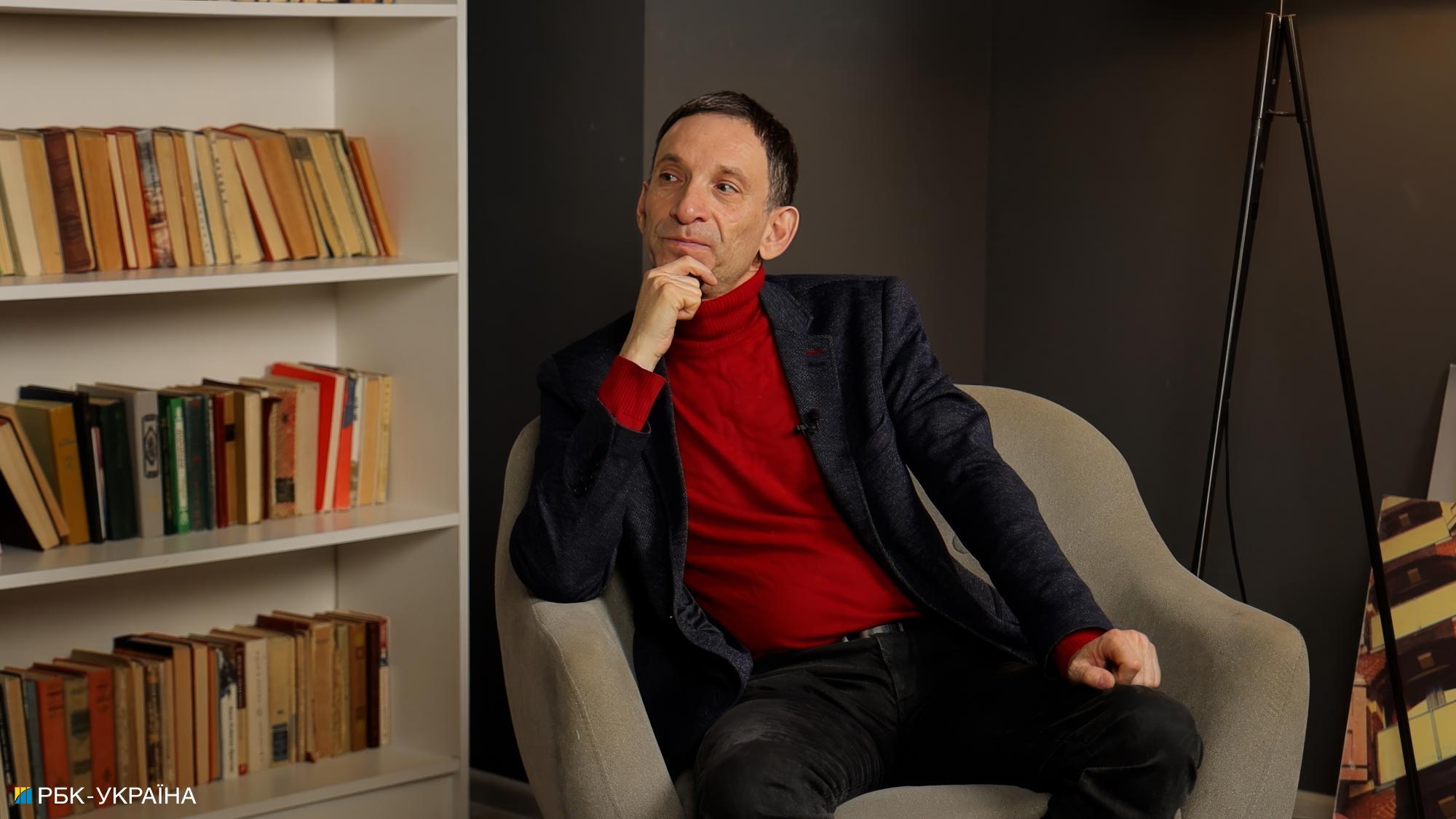
Is a world war possible without the US and China?
If the US and China refrain from participation, we will only have regional conflicts in which each of these countries supports some parties. This is already happening. In the Russia-Ukraine war, China helps Russia not to fall and continue the war, while the US helps Ukraine not to lose.
But they are not participating. A world war, fundamentally, is a war in which Russia delivers a strategic nuclear strike on Washington, while China, say, in the Pacific, strikes a US fleet.
Scenario of global restructuring following Ukraine's defeat
The war continues in a sluggish manner. Everyone understands that Russia's level of support depends on China, meaning if China stops supporting it, Russia will abandon any aggressive actions in the future. This is a bipolar world in which the US tries to talk to China while China controls Russia, Iran, and North Korea. Ukraine will disappear from the political world map or become a satellite state of Russia with limited borders, as Russia thought in 2022.
The West fails to protect Ukraine. Russia, either with its own troops or those of a puppet regime, advances toward Uzhhorod. Russia becomes the political hegemon of Europe. The world is no longer bipolar. The West tries to talk to Moscow about Europe, and more pro-Russian politicians emerge in European countries. In the Asia-Pacific direction, India is trying to weaken China's influence. Consequently, a multipolar world is being formed.
Scenario of global restructuring with Ukraine preserving after the war
Ukraine remains at least partially within its territory, or largely so, and is accepted into NATO and the European Union. Right now, this seems like an extremely unlikely scenario. In this scenario, Russia and China find themselves unable to prove their ability to limit the sovereignty of certain countries, while the West demonstrates its ability to defend the right of countries that want to be part of the West to make free choices.
The world becomes unipolar. This means a strengthening of the strategic partnership between India and the United States, alongside a weakening of China's influence. China dares not attack Taiwan. In the upcoming presidential elections in the Maldives or Sri Lanka, the current pro-Chinese presidents lose, and pro-Indian candidates win, meaning a very serious shift towards the civilized world.
How nuclear weapons deter the US and China and how long it will last
China may not want to go to war with a nuclear state. Even if it acquires its own nuclear triad, the US nuclear triad will still exist. This is indeed the concept of deterrence in action. Can this last forever? In principle, yes. Currently, the parties are actively building defensive alliances.
Does Iran want to de-escalate tensions with the US?
I don't think Iran wants to lower the temperature. They may play certain games to see how the Americans will react. However, Iran has interests that do not always align with those of its ally. Iran helps Russia, but on the other hand, it does everything possible to prevent Russia from regaining its influence in the Caucasus. Such dynamics can exist among autocracies. It was the case between Hitler and Mussolini until a certain point when Mussolini became the junior partner.
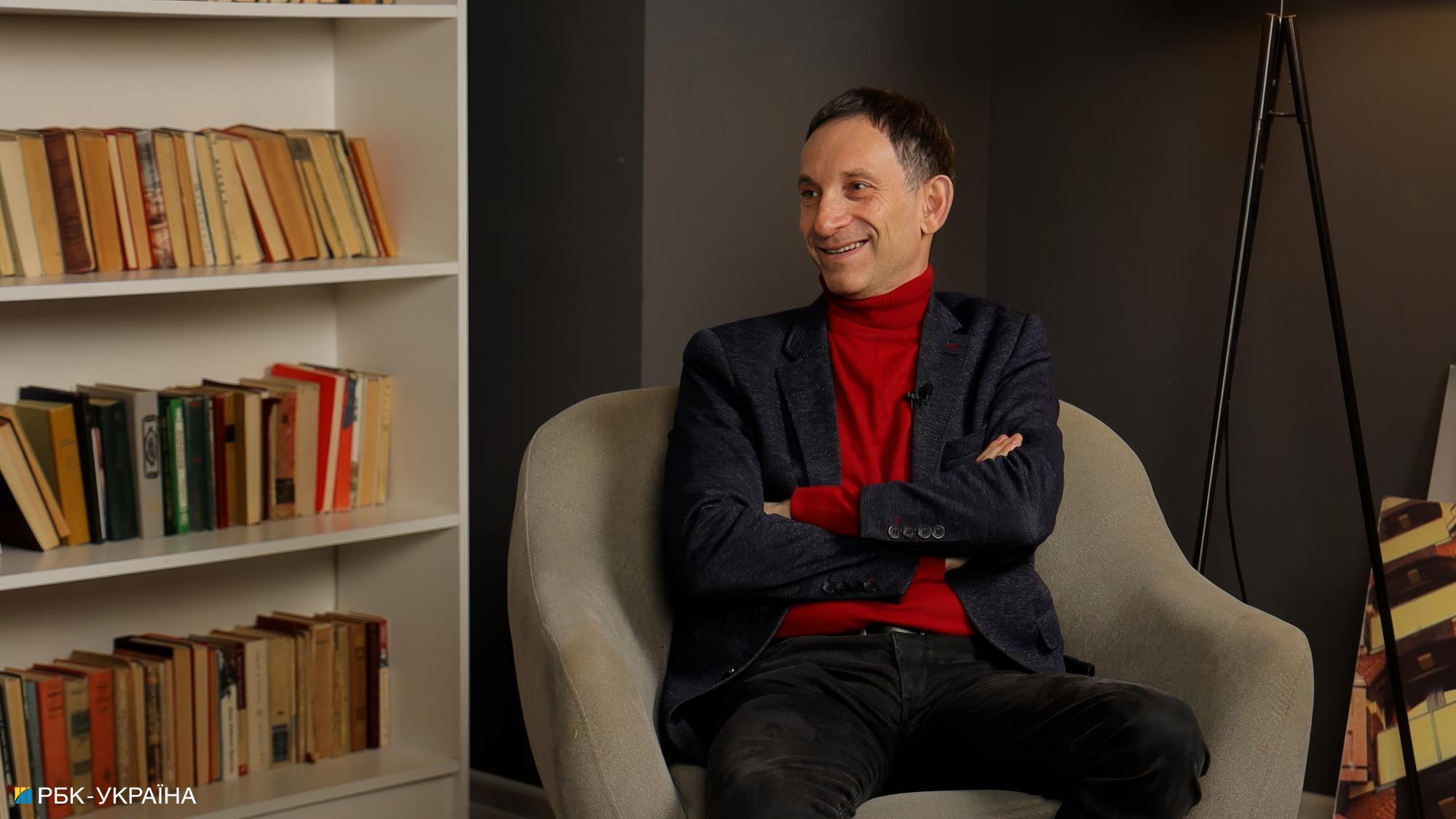
Why Israel can be bold while Ukraine cannot?
Israel has a public consensus that does not exist in Ukraine. This public consensus is based on the understanding that if Israel loses the war, there will be no Jewish state on Israeli territory, and the inhabitants of this state will be at best exiled, and in the most realistic scenario, destroyed.
In Ukraine, there is no public consensus on a survival strategy, no public consensus on a capitulation strategy because we do not want to capitulate, and there is no public consensus on a resistance strategy. The essence of the third concept is that society is ready to agree that a part of it will defend the country, for example, the neighbor's son. Because he was unlucky and ended up on a bus (being mobilized by force - ed.), while I was lucky and did not end up on the bus. There is consensus here. But this is not a consensus for state survival; it is a consensus for the survival of each individual.
Can Ukraine strike deep into Russia with Western weapons without American permission?
Israel has an undeclared nuclear capability, and therefore a clear understanding that Israel will not be destroyed. There is also an understanding among the United States and other countries that Israel may use nuclear weapons in an existential moment. And it doesn't need any state to do this.
What if Ukraine struck Russia with Western weapons without coordination, and Russia, for example, responded with nuclear weapons? Then what? The United States would react with serious concern and impose new sanctions against Russia. "Well, listen, you did this without coordination, and you are responsible for it. We told you not to do this, we said we wouldn't be responsible – you didn't listen, so what can we do?"
Can the US afford Ukraine to lose?
There have been dozens of such cases in world history. The US persistently participates in crises until it realizes that it cannot change the situation through its allies' efforts, and its own efforts lead to domestic political destabilization. Recall the history of the reunification of Vietnam. The US supported South Vietnam, there were agreements, and then the president approached Congress with a proposal to help the country, but Congress refused. Just as recently, Congress refused to help Ukraine. And a few months later, there was no South Vietnam.
Can EU nations independently help Ukraine not to lose?
European countries are waiting for the results of the US election. After November 5, they will have to build their relationships with the US. They were also incredibly frightened by Zelenskyy when he proposed replacing American troops in European military bases with Ukrainian soldiers in his victory plan. This is a kind of "pass" to Trump, but for Europeans, it is a complete disaster. It is important for them that Americans are stationed at their military bases since Americans are not a legitimate target for Russia. Russia will not strike bases where American soldiers are present.
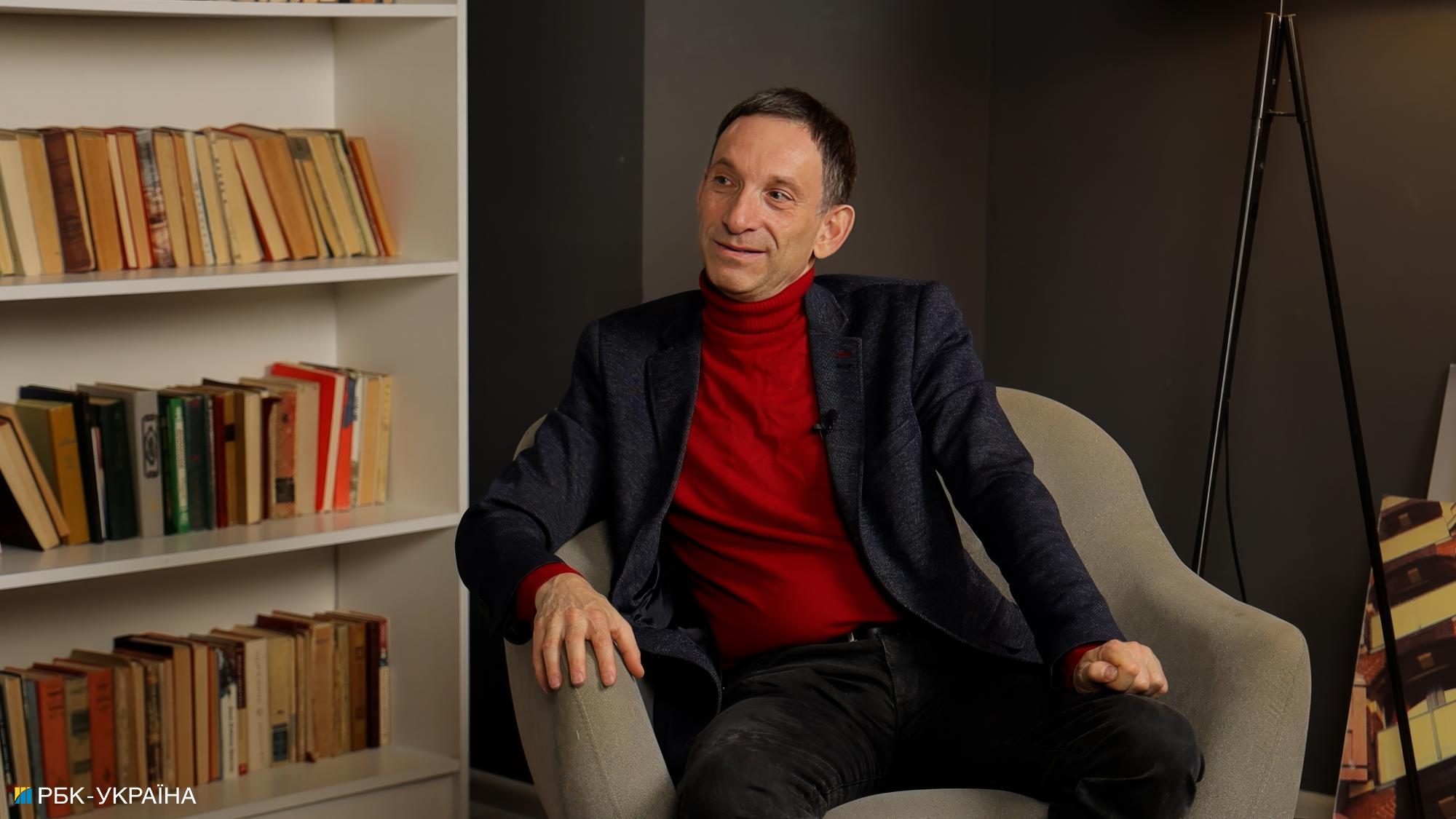
Two scenarios: Truce or prolonged war in Ukraine
I see no signs of freezing the war or truce in the coming years. Let's consider the following options.
Hypothetically, we finish the war in 2025. In the position that Russia is in today. Imagine Trump wins the election in the US and offers something to Putin. For example, lifting sanctions, allowing free trade in oil, and lowering the price threshold. In the best case, Russia retains control over the occupied territories. In the worst case, Ukraine withdraws troops from all of the Donetsk, Luhansk, Kherson, and Zaporizhzhia regions.
What do we get? Neutral status, no NATO, no real security guarantees. Plus, possibly the cancellation of language laws. This is what they might really need in order to have the most humiliating conditions. This is option one. The sooner this happens, the tougher the Russian conditions will be because why would Russia agree to other terms when it is advancing?
There is another option. We continue to fight, and hypothetically, we end the war in 2030. Perhaps even at our borders. But then we might have, say, 15 million people. With no prospects for the return of those who left long ago. But we created the state for the Ukrainian people, not the other way around.
So, I said back in 2022 that we have to get an invitation to NATO as soon as possible and obtain real security guarantees for the controlled non-occupied territories. I was accused of wanting to give territories to Russia. I replied that we cannot give away what we do not own. We would like to preserve what we have today. It is about saving people. We need to clearly understand that Ukraine's victory in the war is the preservation of the state with as large a population as possible.
There are two real paths the situation may develop. A short war that ends next year without security guarantees. Or a long war that leads to significant demographic losses. Not only, by the way, people who die on the battlefield. The most critical moment is those who leave and will not return, people who do not give birth.
On the end of the third world war without using nuclear weapons
I do not think an apocalypse will happen because nuclear states exist.
We all understand that nuclear weapons remain a deterrent weapon. And they still are today. Therefore, a hypothetical third world war would take place in the realm of regional conflicts and political-economic rivalry. Is it already happening, or are we on the brink? We are on the brink of something that may never happen.



